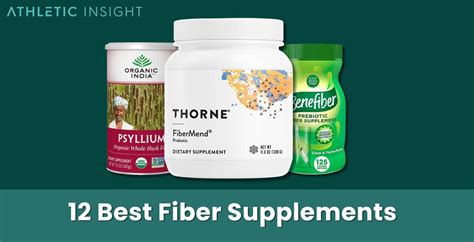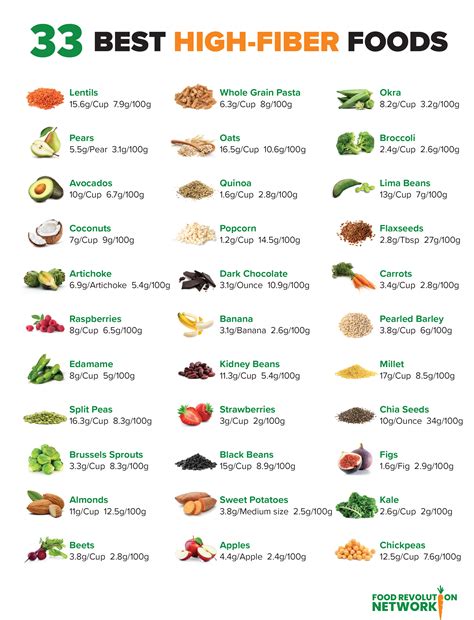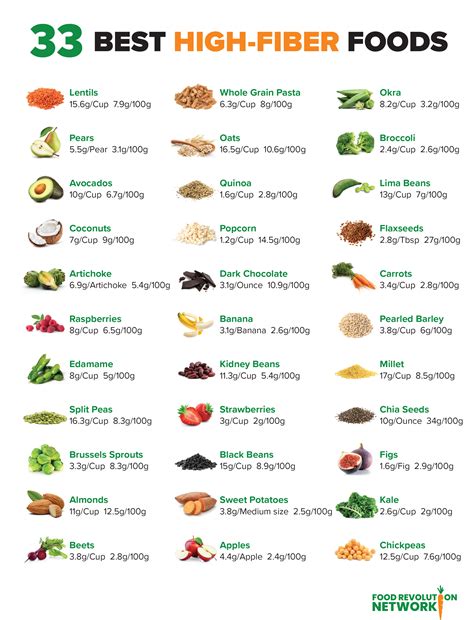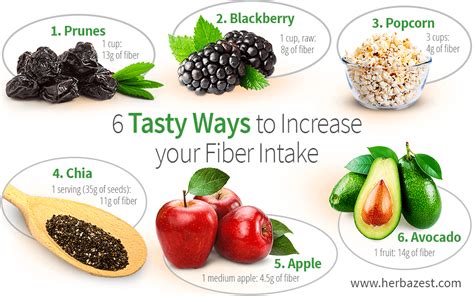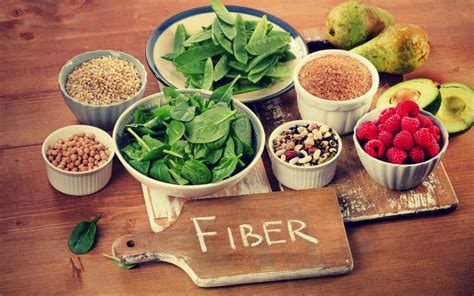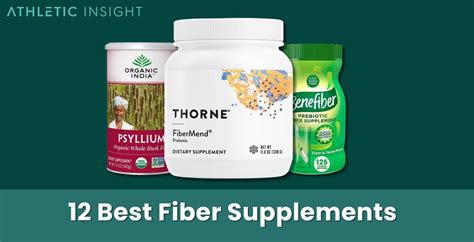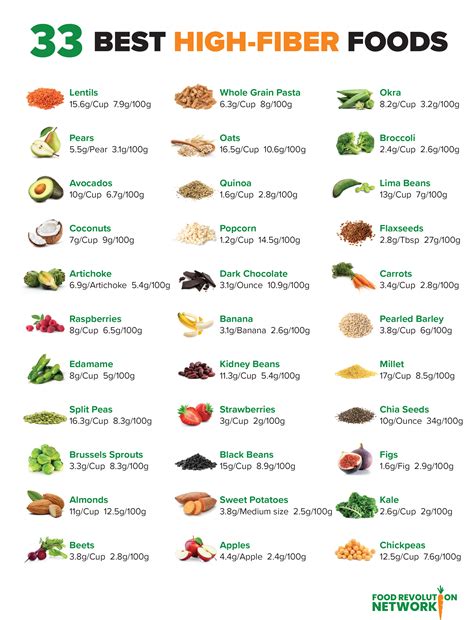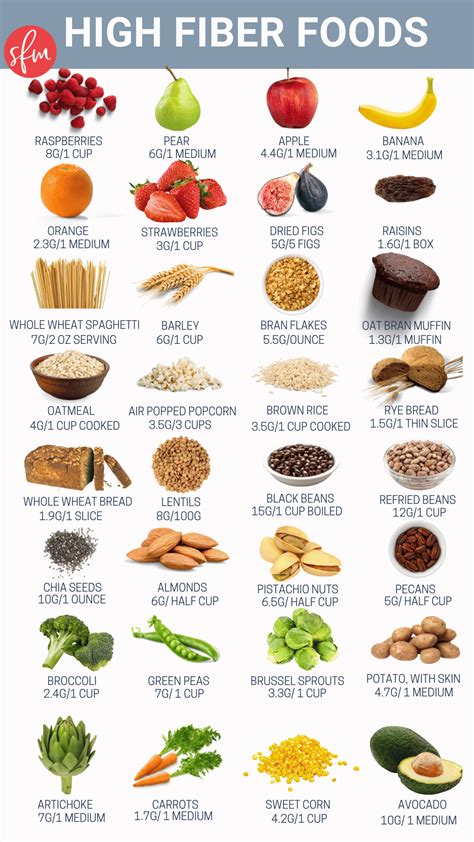Intro
Relieve constipation with high-fiber foods like whole grains, fruits, and veggies, promoting regular bowel movements and digestive health.
Constipation is a common issue that affects millions of people worldwide, causing discomfort, bloating, and difficulty passing stools. While there are various treatments available, incorporating foods with fiber into your diet can be an effective and natural way to alleviate constipation symptoms. In this article, we will delve into the importance of fiber-rich foods, their benefits, and provide a comprehensive list of foods that can help with constipation relief.
A diet rich in fiber can help regulate bowel movements, soften stool, and increase the frequency of bowel movements. Fiber helps to add bulk to stool, making it easier to pass, and also helps to feed the good bacteria in the gut, promoting a healthy gut microbiome. A healthy gut microbiome is essential for maintaining regular bowel movements, preventing constipation, and supporting overall digestive health. Furthermore, a high-fiber diet has been shown to have numerous health benefits, including reducing the risk of chronic diseases such as heart disease, diabetes, and certain types of cancer.
Incorporating fiber-rich foods into your diet can be simple and delicious. Foods with fiber are abundant in nature, and many can be easily incorporated into your daily meals. From fruits and vegetables to whole grains and legumes, there are numerous options to choose from. Additionally, fiber supplements are available for those who may struggle to get enough fiber from their diet alone. However, it is essential to note that a sudden increase in fiber intake can cause digestive discomfort, so it is recommended to gradually increase fiber intake over a period of time.
Fiber-Rich Foods For Constipation Relief
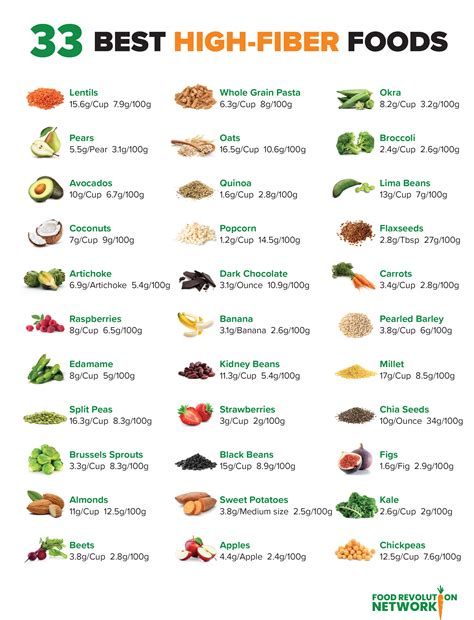
Fiber-rich foods are an excellent way to alleviate constipation symptoms. Some of the best fiber-rich foods for constipation relief include:
- Fruits: berries, apples, bananas, and pears
- Vegetables: broccoli, carrots, Brussels sprouts, and sweet potatoes
- Legumes: beans, lentils, and peas
- Whole grains: brown rice, quinoa, whole wheat bread, and whole grain pasta
- Nuts and seeds: almonds, chia seeds, flaxseeds, and pumpkin seeds
Benefits Of Fiber-Rich Foods
The benefits of fiber-rich foods are numerous and well-documented. Some of the key benefits include: * Promoting regular bowel movements * Softening stool and making it easier to pass * Reducing the risk of chronic diseases such as heart disease and diabetes * Supporting healthy blood sugar levels * Aiding in weight managementHow Fiber Helps With Constipation
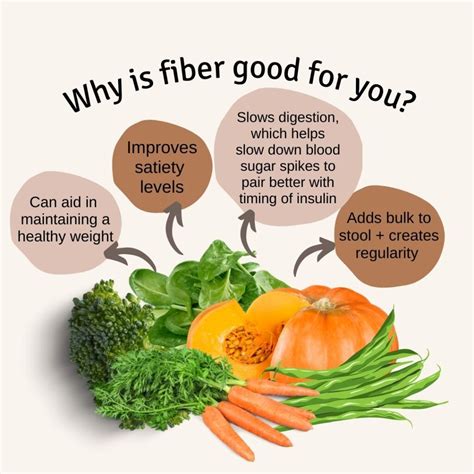
Fiber helps with constipation by adding bulk to stool, making it easier to pass. Fiber also helps to feed the good bacteria in the gut, promoting a healthy gut microbiome. A healthy gut microbiome is essential for maintaining regular bowel movements and preventing constipation. Additionally, fiber helps to soften stool, making it easier to pass and reducing the risk of straining during bowel movements.
Fiber Supplements For Constipation Relief
For those who may struggle to get enough fiber from their diet alone, fiber supplements are available. Fiber supplements can be an effective way to increase fiber intake and alleviate constipation symptoms. However, it is essential to choose a fiber supplement that is made from natural ingredients and is free from additives and fillers. Some popular fiber supplements include psyllium, methylcellulose, and polycarbophil.Increasing Fiber Intake For Constipation Relief
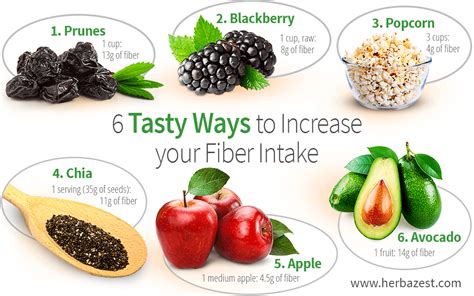
Increasing fiber intake can be simple and delicious. Here are some tips for increasing fiber intake:
- Start by adding one or two servings of fiber-rich foods to your diet per day
- Gradually increase fiber intake over a period of time to allow your digestive system to adjust
- Choose a variety of fiber-rich foods to ensure you are getting a range of different types of fiber
- Consider taking a fiber supplement if you are struggling to get enough fiber from your diet alone
Tips For Incorporating Fiber-Rich Foods Into Your Diet
Incorporating fiber-rich foods into your diet can be simple and delicious. Here are some tips for incorporating fiber-rich foods into your diet: * Start your day with a high-fiber breakfast, such as oatmeal with fruit and nuts * Snack on fiber-rich foods, such as fruits and vegetables * Choose whole grains over refined grains * Add legumes to your meals, such as beans and lentilsCommon Mistakes To Avoid When Increasing Fiber Intake

When increasing fiber intake, there are several common mistakes to avoid. These include:
- Increasing fiber intake too quickly, which can cause digestive discomfort
- Not drinking enough water, which can cause fiber to become stuck in the digestive system
- Not choosing a variety of fiber-rich foods, which can lead to a lack of different types of fiber
- Not being patient, as it can take time for the digestive system to adjust to an increase in fiber intake
Conclusion And Final Thoughts
In conclusion, incorporating fiber-rich foods into your diet can be an effective and natural way to alleviate constipation symptoms. By choosing a variety of fiber-rich foods, increasing fiber intake gradually, and avoiding common mistakes, you can help to regulate bowel movements, soften stool, and increase the frequency of bowel movements. Remember to always consult with a healthcare professional before making any significant changes to your diet.What are the benefits of a high-fiber diet?
+A high-fiber diet can help regulate bowel movements, soften stool, and increase the frequency of bowel movements. It can also help reduce the risk of chronic diseases such as heart disease and diabetes.
How much fiber should I eat per day?
+The daily recommended intake of fiber is 25-30 grams per day. However, the average person consumes much less than this. Increasing fiber intake gradually can help to alleviate constipation symptoms and promote overall digestive health.
Can I take fiber supplements if I have a sensitive stomach?
+Yes, fiber supplements can be taken if you have a sensitive stomach. However, it is essential to choose a fiber supplement that is made from natural ingredients and is free from additives and fillers. Start with a small dose and gradually increase as needed.
